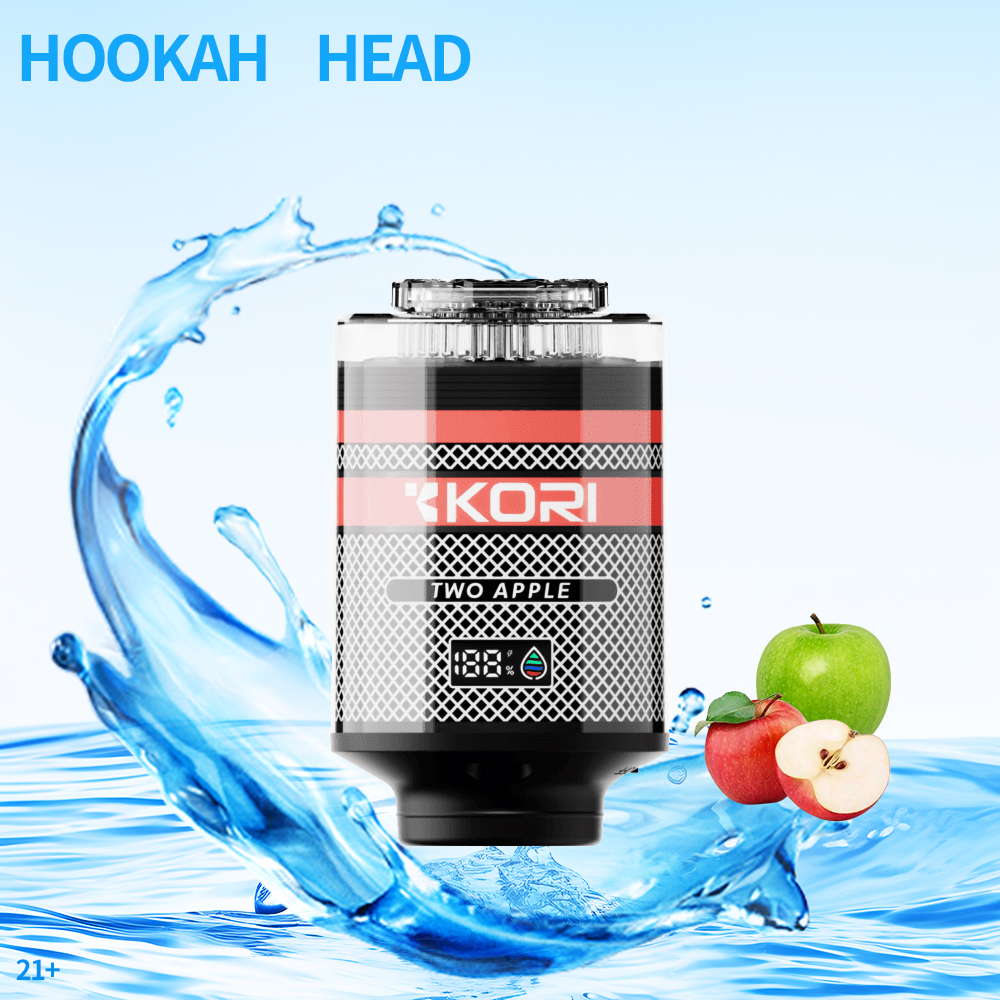The Alarming Rise of Vape Shops Selling to Minors
In recent years, the vaping industry has seen a rapid expansion, appealing to a wide demographic, including teenagers and young adults. The allure of flavored e-liquids and the perception that vaping is a harmless alternative to smoking have contributed to its popularity among minors. However, the concerning trend of vape shops selling to underage customers is gaining attention, sparking debates among health officials, lawmakers, parents, and the vaping community.
The Current Landscape of the Vaping Industry
The vaping market has exploded since the introduction of e-cigarettes, with a revenue of approximately $15 billion in the U.S. alone in 2020. This growth is fueled by a myriad of products marketed as a more enjoyable or safer alternative to traditional tobacco. However, this booming industry has not come without its challenges. An alarming number of minors are gaining access to these products through vape shops, which has raised significant health concerns and led to stricter regulations in various regions.
Why are Minors Attracted to Vaping?
The reasons behind the increasing inclination of minors towards vaping are multi-faceted:
- Flavor Variety: Vaping products often come in a wide array of flavors, ranging from fruity to dessert-like options, making them appealing to younger audiences who may find traditional tobacco flavors unpalatable.
- Perceived Safety: Many youths believe that vaping is a safer alternative to smoking, often underestimating the potential health risks associated with nicotine and other harmful substances found in e-liquids.
- Social Influence: The portrayal of vaping in social media and peer pressure have both played a role in normalizing this behavior among teenagers.
The Legal and Ethical Implications
Despite the legal age restrictions set in many jurisdictions, reports indicate that vape shops are still selling to minors. This raises important legal and ethical questions. For instance, the penalties for selling nicotine products to underage customers can lead to hefty fines and the loss of business licenses. Moreover, such practices contribute to public health issues and compromise the well-being of an entire generation.
State Regulations and Enforcement Challenges
While many states have implemented strict regulations prohibiting the sale of vaping products to minors, enforcing these laws is a significant challenge. Insufficient training for shop employees on age verification processes and a lack of comprehensive oversight can create loopholes that minors exploit. Furthermore, the rise of online sales and delivery services complicates enforcement, as age verification can be easily bypassed in digital transactions.
The Role of Vape Shop Owners
Vape shop owners are at the frontline of this issue. Ethically, they hold a responsibility to adhere to legal age restrictions and implement proactive measures to prevent underage sales. This includes rigorous employee training, stringent age verification procedures, and not displaying products in a manner that may attract minors. Above all, the ethical implications of their decisions can greatly impact their community and brand reputation.
Health Risks Associated with Vaping
Vaping poses several health risks, especially for minors whose bodies and brains are still developing. Research indicates that nicotine can adversely affect brain development, leading to attention issues, mood disorders, and increased susceptibility to addiction. Additionally, other harmful ingredients in vaping products, such as formaldehyde and acetaldehyde, can lead to respiratory problems and other serious health complications.
The Role of Parents and Guardians
Parents and guardians play a critical role in addressing the issue of underage vaping. Open communication about the dangers of vaping and providing effective education about its risks can empower children to make informed choices. Monitoring their purchasing behavior and encouraging healthy alternatives to cope with stress—such as sports or hobbies—can significantly reduce the likelihood of turning to vaping as an outlet.
The Need for Comprehensive Policy Changes
Addressing the issue of vape shops selling to minors requires comprehensive policy changes at both state and federal levels. Enforcement of stricter penalties for violations, increased funding for educational campaigns on the risks of vaping, and heightened oversight of online sales can collectively create a better regulatory environment that protects vulnerable youth.
The Social Perspective: How Communities are Responding
Communities across the nation are beginning to respond to the alarming trend of underage vaping. Schools are launching educational programs aimed at demystifying the risks associated with vaping; local governments are hosting awareness campaigns, and community groups are advocating for stricter regulations. These collective actions underscore a growing commitment to protect youth from the dangers of vaping.
Conclusion
Understanding the dynamics behind the sale of vaping products to minors is crucial in combating this growing crisis. By fostering collaboration between vape shop owners, law enforcement, and community members, society can work towards a future where the health of its youth is prioritized, and responsible behavior around vaping is encouraged. As conversations continue around regulation, awareness, and prevention, the hope remains that future generations will be insulated from the ramifications of early exposure to nicotine and harmful substances.





